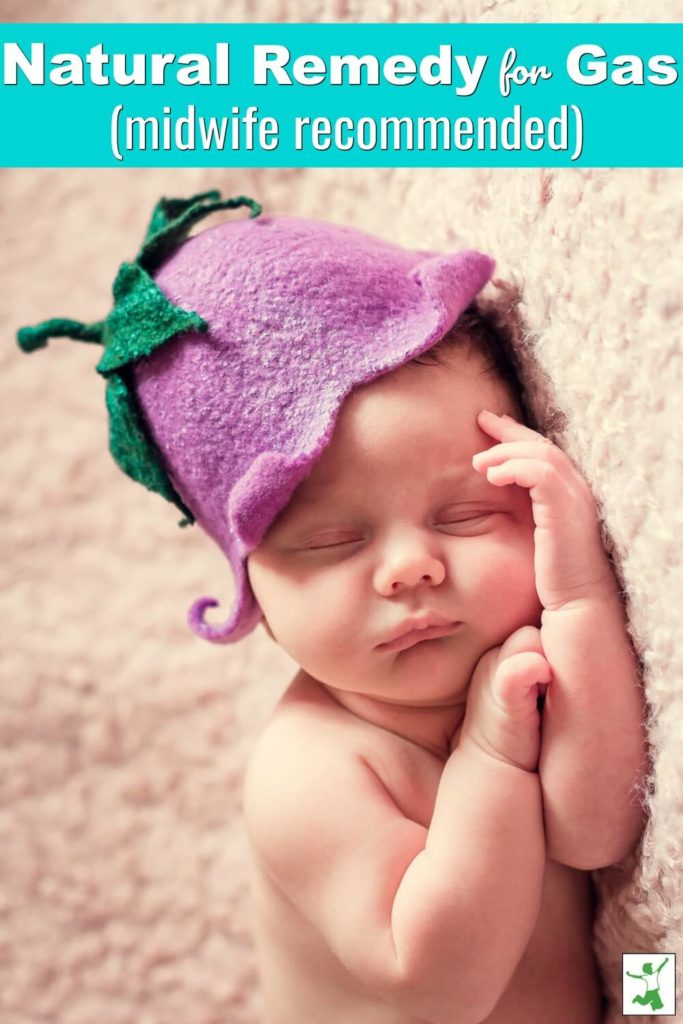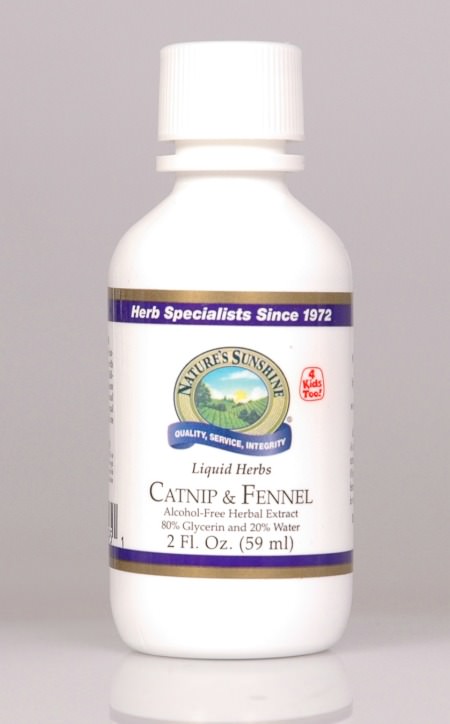Table of Contents[Hide][Show]

For those of you familiar with the various “nursing personalities”, my son was definitely the speed nurser (aka, “Barracuda”), latching on like a little vacuum and suckling with all his might for about 10 minutes on each side until there was nary a drop left.
Because he was such a hungry little fella and nursed so quickly, he suffered from a lot of gas issues due to swallowing quite a bit of air with each feeding.
Granted, some of his gas issues were due to my consumption of pasteurized organic dairy, but I didn’t know at the time that this was part of the problem.
Burping him properly after each feeding helped of course, but he still would get very gassy from time to time and he would cry from the discomfort in his little tummy.
Like any new mother, I wanted to give my baby relief as his cries, especially around sundown, were tough to handle on some days.
The first person I asked for help was my Pediatrician, who immediately recommended Mylicon infant gas drops, an over the counter gas remedy from the pharmacy.
I went to the local drugstore right away and picked up a bottle that had the words “safe for babies” emblazoned on the package. The words also proclaimed that the product was free of alcohol, saccharin or artificial flavors.
Sounded good.
When I got home, however, I started to read the fine print and was dismayed at what I discovered.
Dangers of Mylicon Drops
First of all, the active ingredient in this gas remedy was something I had never heard of before: Simethicone.
I then went from concerned to downright disturbed when I read the inactive ingredients:
Mylicon Drops ingredients: anhydrous citric acid (GMO), benzoic acid, flavors, glycerides (C14-18, mono- and di-), maltitol, methylcellulose, microcrystalline cellulose and carboxymethylcellulose sodium, polyoxyl 40 stearate, polysorbate 65, purified water, silica gel, sodium benzoate, sodium citrate, xanthan gum.
Citric acid almost certainly derived from genetically modified (GMO) corn?
Benzoic acid, a harmful preservative used in cosmetics?
Methylcellulose derived from pesticide residue laden wood pulp?
DNA damaging sodium benzoate linked to Parkinson’s disease, liver damage and hyperactivity in children?
Not in my child’s body, thank you very much!
 Gripe Water Full of Toxic Ingredients Too
Gripe Water Full of Toxic Ingredients Too
When I called the Pediatrician back with my concerns, the receptionist suggested Gripe Water as a safer gas remedy alternative. But examining the ingredients at the pharmacy for this supposedly safe herbal supplement wasn’t impressive either.
Gripe Water ingredients: purified water, sugar (GMO), glycerin (GMO), propylene glycol, sodium citrate, natural ginger flavor, citric acid, xanatham [sic] gum, disodium EDTA.
Sugar?
Citric acid known to likely contain MSG residues and most certainly derived from GMO corn?
Propylene glycol, aka “edible” antifreeze?
Disodium EDTA, a preservative that may cause allergic reactions, asthma attacks, skin rash, and possible kidney damage?
Unreal that this remedy could be considered in any way “natural” or herbally based!
At this point, I felt betrayed by my Pediatrician’s office which had recommended not one, but two gas remedies that were loaded with toxic ingredients. How in the world could putting such chemicals into my newborn’s body, possibly multiple times a day for weeks or months on end until he outgrew his gas issues NOT be harmful?
Natural Gas Remedy for Babies
I decided not to give my son either the Mylicon drops or the Gripe Water and promptly threw the bottle of Mylicon drops I had purchased in the trash.
Next, I picked up the phone and called my midwife for advice instead – something I should have done in the first place even though I was no longer under her care since baby was now several weeks old.
She advised that I buy a bottle of Nature’s Sunshine Catnip and Fennel extract and put a drop on my baby’s tongue after feedings to eliminate gas. Having been burned twice, I was careful to check the ingredients once again. I was relieved when I read the following:
Catnip and Fennel extract: Catnip leaves extract and fennel seed oil in a base of glycerin and water (sources).
At last, a safe gas remedy that had no ingredients that I felt uncomfortable putting in my baby’s body!
But, did it work?
Yes, it did! It worked extremely well in relieving gas and tummy discomfort in my newborn and it was safe to use with every single feeding.
As a bonus, my baby loved the taste too. I continued to use this gas remedy until he was well over a year old. Sometimes I would even use it if he wasn’t gassy as he enjoyed the taste so much and it soothed him a great deal before naps if he was feeling fussy.
This experience was one of my initial introductions to learning the critical importance of questioning what my Pediatrician said and examining for myself whether a medicine or procedure was truly “safe” for my child. Not only might a doctor’s advice be incorrect, but there is likely an equally effective remedy that is completely nontoxic that works just as well and you can feel good about using – if one is open to looking.
More Information
Are You a Tummy Bug Magnet? Fat Phobia May Be the Cause
Slippery Elm for Tummy Aches
Natural Reflux Remedy
Food Poisoning Remedies







How did you administer the drop of catnip and fennel? The bottle you advised does not come with a dropper so I’ve been using a liquid syringe thing from a cold and flu liquid bottle i had but it’s very hard to only get a drop
I have gas pains alot and these suggestions really helped me. Nothing can get rid of them except some of these notes. Im really excited to tell my friends about this awsome website.
How much did you give your baby? Mine is two months and according to the directions, it says for children to take a quarter teaspoon with water and with a meal. Obviously baby only drinks breastmilk, so unsure what to do! Did you just drop a little on baby’s tongue?
Thank you!
I learned a lot from your article! Ingredients are like a foreign language to me but I know how important it is to understand what’s what! If you know of any good cheat sheets for this please share!
Fennel is essential oil is considered possibly carcinogenic. Is this okay because it is an extract? Essential oil warning:
Fennel (Sweet or Bitter)- Potential carcinogen based on estragole content. Drug interaction. Reproductive hormone modulator. May inhibit blood clotting. Avoid if pregnant, breastfeeding, have endometriosis or estrogen-dependent cancers. Don’t use on children under five years of age. Do not use orally if on diabetes meds, diuretic meds, anticoagulant meds, if you have kidney issues, are having major surgery, peptic ulcer, or other bleeding issues.
The extract mentioned in this post is safe when used as directed.
My baby will be 1 month in a few days, is it safe to use catnip and fennel? I asked my pediatrician but he insisted in mylicon drops. I already purchased the catnip and fennel product.
Every baby is different, and of course your pediatrician is only going to recommend drugs because that is all most of them understand. I would ask a midwife. My midwife is who recommended this product to me and I used with my baby when he was just a few weeks old until he was eating food about 1 year old. He was a full term baby with no health issues.
My baby had difficulty passing gas nd was really uncomfortable. I tried different burping techniques, gas drops and tummy massage but nothing helped until I was being advised to put our baby on Babies magic tea. The day we started giving this tea to our LO he got much better.
How did you administer the drop of catnip and fennel?